I consider Henry David Thoreau to be one of the wisest men to come from U.S.A. I am a big fan, and in fact, one of my goals is to visit the iconic Walden Pond in Concord, Massachusetts, which became a National Historic Landmark in 1962, where he lived in a cabin by the shore and wrote “Walden; or Life in the Woods.”
In chapter 18, the conclusion to this life-changing book, he discusses the value of a simple life without superfluous wealth; however, I found 3 statements that can be applied to friendship and our interactions with people in our lives.
The fault-finder will find faults even in paradise.
Things do not change; we change.
It is life near the bone where it is sweetest.
Transformation is needed to live a fuller, freer, more authentic life, but we must beware of the fault-finders in our sphere of influence.
People Can Be Mean, Hurtful, and Cruel
I had a depressing interaction earlier this year with someone I considered my friend. The words this person said were quite hurtful to me, so, as a Student of Pain, I learned a great deal from this experience.
This person was cruel to me and their attack was so unexpected. That’s the journey of life and relationships, though – we’re going to be mistreated for no reason and then even be blamed for it.
Has anyone ever betrayed you, or maybe accused you unfairly? Has anyone said mean things to you or mean things about you? Or maybe they have lied, misjudged you and your intentions, or reacted in an abusive way?
I think we’ve all been there, which reminds me of something that was found written on Mother Teresa’s home for children’s walls in Calcutta, India:
People are often unreasonable, irrational, and self-centered. Forgive them anyway.
If you are kind, people may accuse you of selfish, ulterior motives. Be kind anyway.
If you are successful, you will win some unfaithful friends and some genuine enemies. Succeed anyway.
If you are honest and sincere people may deceive you. Be honest and sincere anyway.
What you spend years creating, others could destroy overnight. Create anyway.
If you find serenity and happiness, some may be jealous. Be happy anyway.
The good you do today, will often be forgotten. Do good anyway.
Give the best you have, and it will never be enough. Give your best anyway.
In the final analysis, it is between you and God. It was never between you and them anyway.
When a friend is mean to us and we genuinely love this friend, we will for sure forgive them, be kind, and do good anyway, but it takes more than feelings to stay right when you’re wronged, because our natural impulse is to feel mad, hurt, and wounded.
What To Do When A Friend Is Cruel To You
There were 5 things I taught myself when I was feeling this way and I want to share them with you. This list has become a kind of a 5-point mantra for my self-care: Know it’s NOT about you. Don’t engage. Release. Move on. Pursue peace.
![]() Know it’s NOT about you. A fault-finder is going to always find something to complain about or to criticize, even when it’s not there, and they love to play the victim.
Know it’s NOT about you. A fault-finder is going to always find something to complain about or to criticize, even when it’s not there, and they love to play the victim.
In the Bible, Jesus healed a man with a withered hand on the Sabbath and the men in the synagogue, being fault-finders, watched him closely “that they might accuse him.” [Mark 3]
Jesus went about doing good and being good, but the fault-finding Pharisees always had a bone to pick with him somehow.
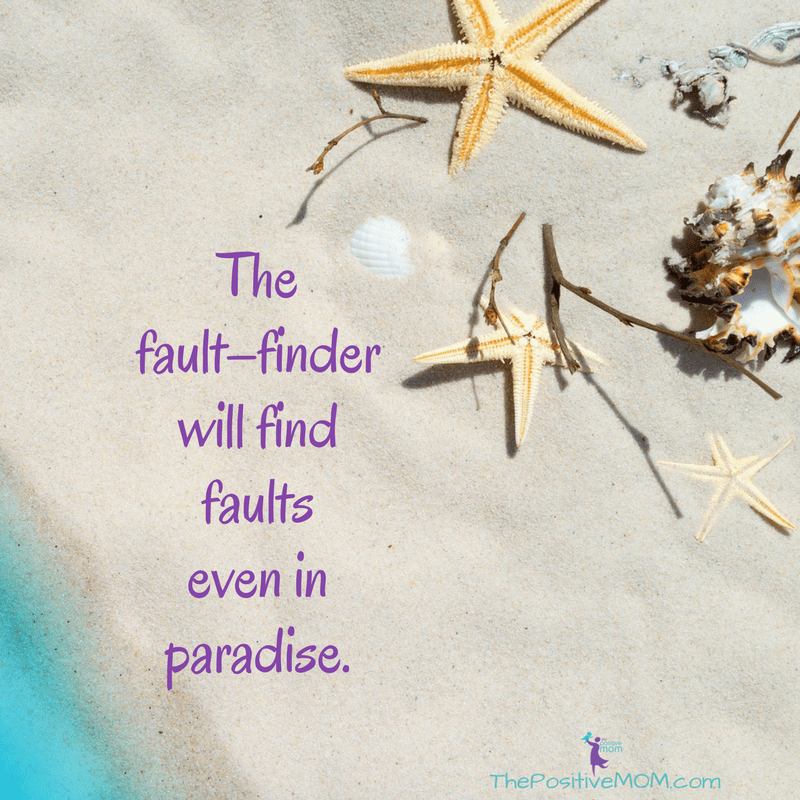
Whatever this friend said and did was not my issue, it was theirs. I know I always acted out of love in that friendship. Their assumptions were incorrect and harmful and their anger was misdirected.
When you know your truth, you don’t have to accept someone else’s version of it. You cannot control what others think of you and do not need to convince them of who you are to really be who you are. What they think of you does NOT define you.
They are ultimately going to believe what they are going to believe, and they are going to operate from the thoughts they believe.
As they say, “haters are going to hate,” and they’re going to look for others to commiserate and give them the pity they are looking for.
As you live your truth and operate from love, rather than from fear, you take control of your narrative.
![]() Don’t engage. Most people who are mean to another are actually mean to themselves, in the first place. Someone wise I really love and admire once told me: “They are not really attacking you, they’re protecting themselves.”
Don’t engage. Most people who are mean to another are actually mean to themselves, in the first place. Someone wise I really love and admire once told me: “They are not really attacking you, they’re protecting themselves.”
Unfortunately, as Byron Katie teaches, “defense is an act of war,” so as you defend yourself from their defensiveness, you’d actually be adding fuel to the fire.
If addicted to please other people, you are probably often inclined to be the person who smooths over any negative situation (what we falsely call “a peacemaker”).
I know it’s been hard for me to be okay with whatever people want to think when I disengage and don’t participate in a conversation that I find to be toxic.
You don’t owe anyone an explanation. I don’t need anyone to know “my side of the story” or how I’ve been wronged. And yeah, they can yell it through the rooftops, have the last word, and paint themselves a martyr. None of this will change who I am.
Only I can change who I am and I don’t need to waste my energy or my emotions engaging with people who obviously don’t know who I truly am or value who I am. You get what I mean.
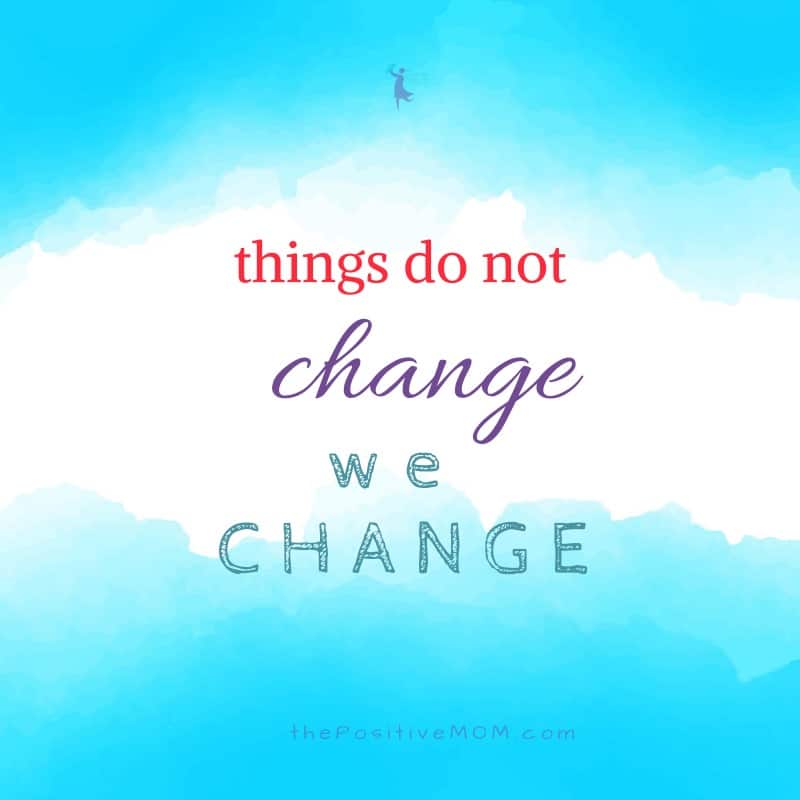
I’ve got nothing to prove to blamers, because I refuse to be part of their drama. It’s more like a tragedy, really, because they are often great people who are unconscious to their own truth.
Dr. Jason Whiting, a professor at Texas Tech University, finds that blamers act out of these three main needs: certainty (preserving their ego), fairness (preserving “what is right”), and safety (preserving their pre-conceived opinions, expectations, convictions).
Again, it’s often not about you at all and you don’t need to report, justify or negotiate your choices to anyone, and you certainly will live without their approval.
![]() Release. I have been so proud of myself when I’ve said “you know what? I don’t want to engage in this destructive thing we’ve got going on. I send you love.”
Release. I have been so proud of myself when I’ve said “you know what? I don’t want to engage in this destructive thing we’ve got going on. I send you love.”
Letting go is hard when we love someone, but sometimes their actions and words can leave you having to choose between them and your own self-respect. Always choose the latter.
Releasing means that you no longer want to act out of a need to be liked, accepted, or even welcomed in this person’s life. You will not act out of a need to please this person, to meet their expectations, or to conform to the version of yourself they want you to be.
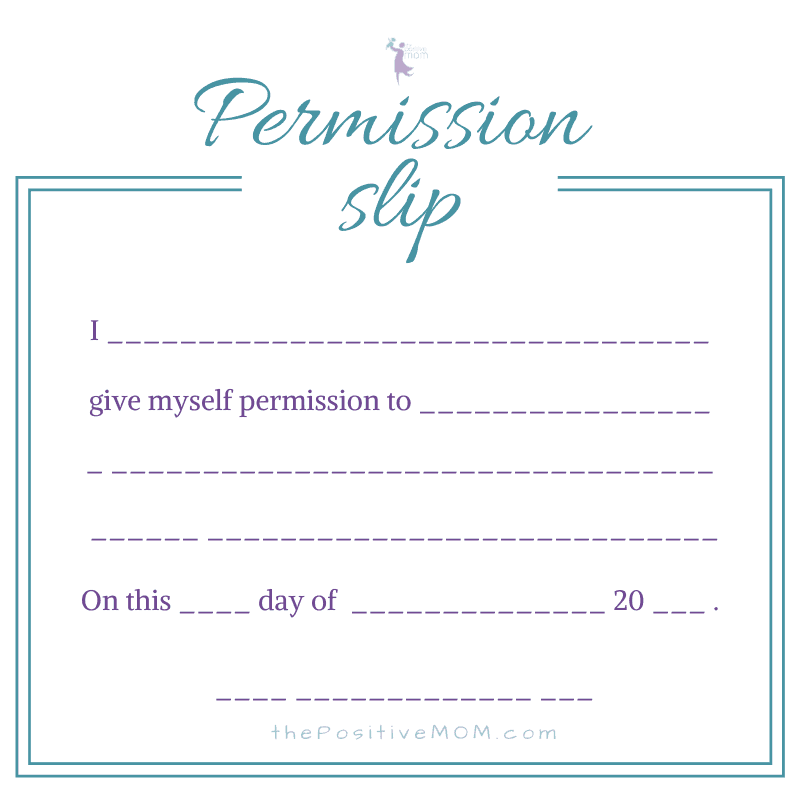
It’s okay to mourn your idea of who this person was before they surprised you with their judgment, mistreatment, or abuse. And you must fully honor the different stages of grief!
However, you must also give yourself permission to be okay with whatever happens to this relationship after you stand up for yourself – it can grow or it can go.
Don’t hold on to something that is not joyful, healthy, or productive. If you are not happy with the relationship, they won’t be either, even if they say they are.
![]() Move on. There’s a quote I really love and that I say to myself all the time: “Only fools trip on what’s behind them.”
Move on. There’s a quote I really love and that I say to myself all the time: “Only fools trip on what’s behind them.”
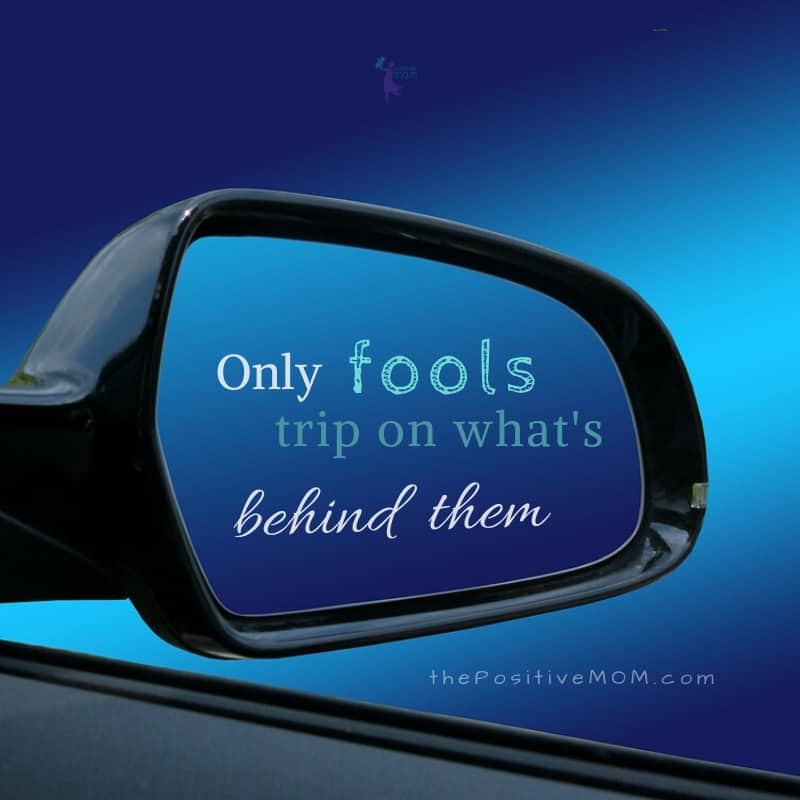
Of course, chances are you won’t forget what happened, and you’ll use the lessons you learned about that person, yourself, and the situation so you can be in alignment with who you know you are. This doesn’t mean you will stay in the past, and more importantly, you must not obsess with what happened.
After you’ve released your anger, hurt feelings, and indignation, you can easily bring them back with the power of your mind. This person hurt me when I felt hurt, and that is valid, but I hurt myself each time I relive it.
Byron Katie also says that “Forgiveness is realizing that what you thought happened, didn’t” and forgiveness is how we move on.
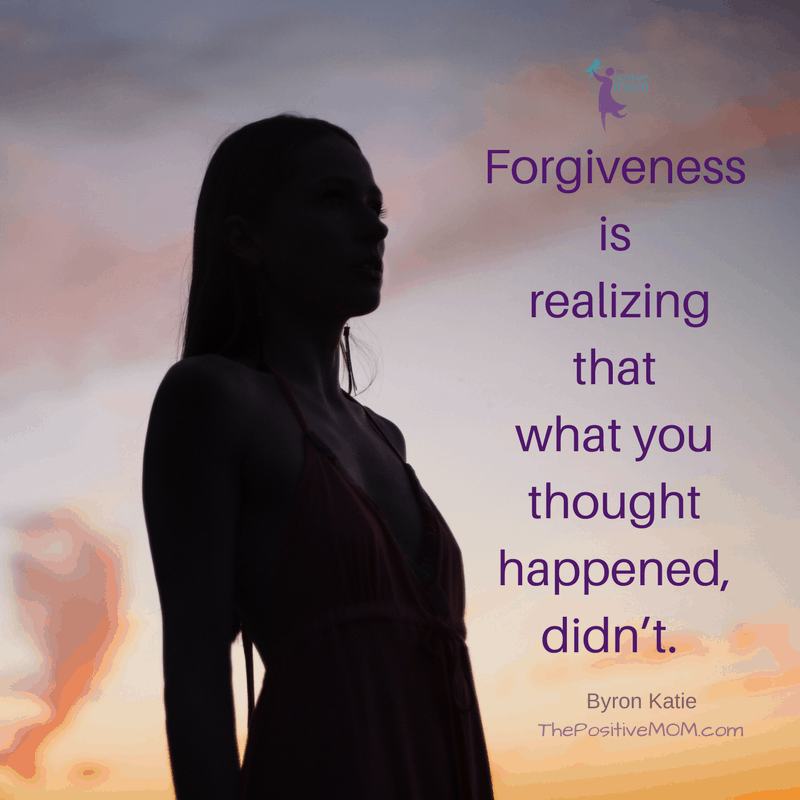
As we gain a different perspective of the situation, we can understand how what happened was for the best and how it is really an answer to our prayers.
In my case, instead of being resentful how this person “kicked me when I am down,” I can now see clearly how I was given the gift of realizing I was investing so much into this person and now I can have the courage to redirect my energy, time, and resources to my family, so we can rise again.
Thoreau’s thought “It is life near the bone where it is sweetest” is so fitting, because when we go through the darkest times and the hardest adversities we can really see who our friends are and we get to the core of what really matters.
To me, real friendship is based on the principles that an apology must be backed by action, there is no room for jealousy or comparison in friendship, and flattery is not synonymous with gratitude. Love is an action verb!
![]() Pursue peace. In the Bible, Psalms 34, verse 14, it says “turn away from evil, do good, seek peace and pursue it.”
Pursue peace. In the Bible, Psalms 34, verse 14, it says “turn away from evil, do good, seek peace and pursue it.”
I always thought that “being a peacemaker” meant to leave things alone, or to “go along to get along,” however, I’ve learned that being a peacemaker means you seek inner peace, but you also pursue it by taking action or keeping your distance.
A peacemaker makes a plan based on what will bring peace. As a peacemaker, you are for yourself, not against someone else.
Peace takes more than staying out of arguments, trying to not seem combative or aggressive, or apologizing when it’s not your mistake. Peace comes from within – from knowing you meant well, did what you could, and stayed in your truth.
Peace is possible whether the relationship moves forward or not, but it does take two to tango. I feel it’s helpful to look at your goals, your standards, and the boundaries you have set to protect yourself, and contemplate whether you are happy remaining in relationship with someone who sees you in the way this person sees you (especially if it’s different than who you know yourself to be) and treats you as this person treats you.
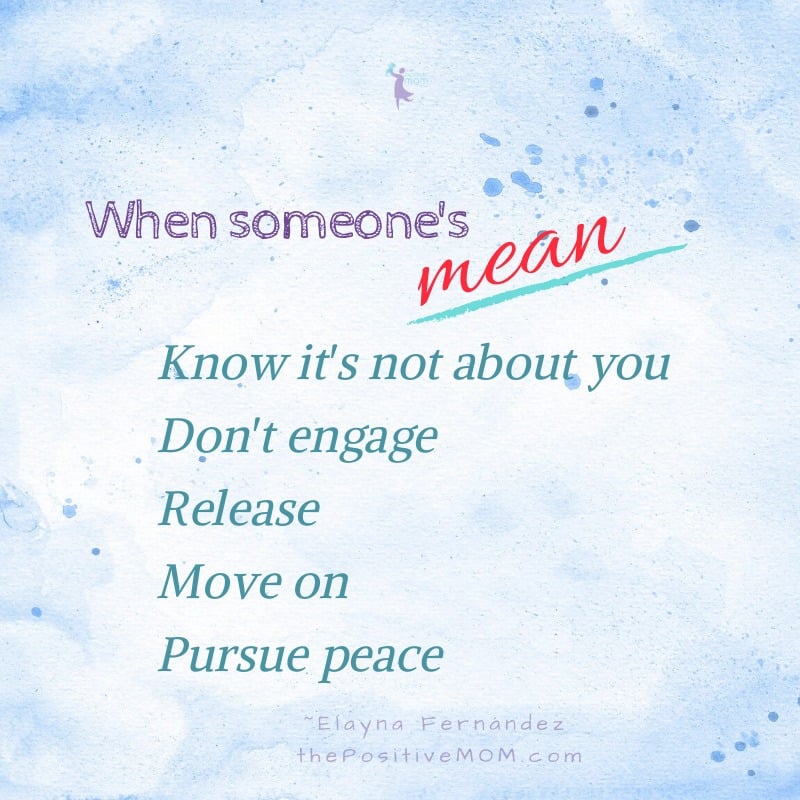
Because there is opposition in all things, it is a big blessing to see the contrast between those who treat you in an unfair, unkind way and those who treat you with compassion, respect, and kindness.
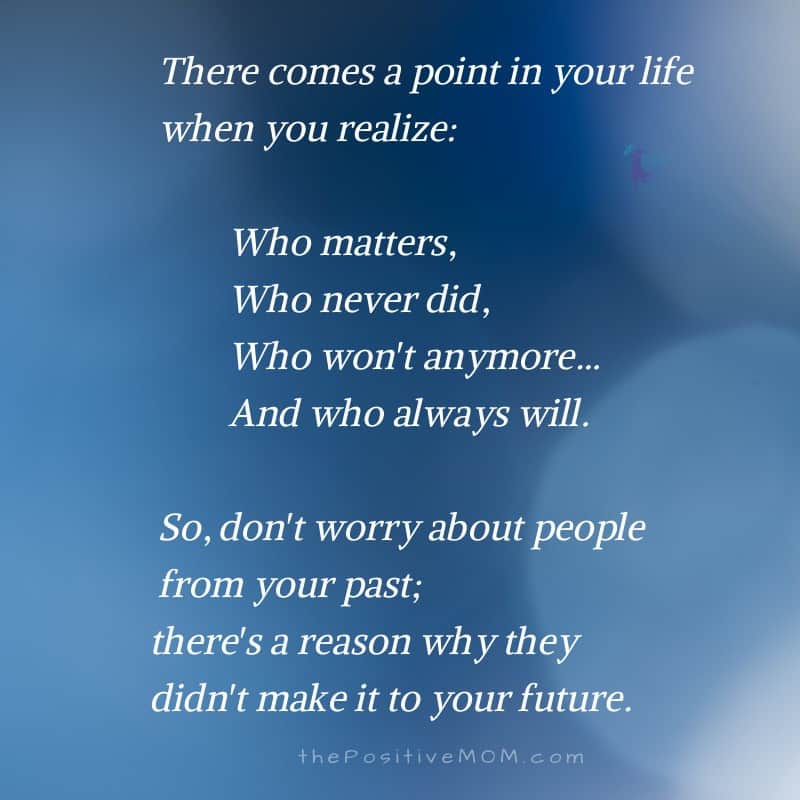
We learn to value, cherish, and be grateful for those people and the moments they share with us a lot more when those hurtful teachers come along. We also learn to be just a bit kinder to ourselves, because we are reminded we are imperfect, but not as bad as some may think we are, after all.
What do you do when a friend is cruel to you? Share your insights with us in the comment section below!
Founder of the Positive MOM® and creator of the S.T.O.R.Y. System: a blueprint to craft and share powerful stories that will transform your results and help others do the same. Dr. Elayna Fernández is a single mom of 4, an award-winning Storyteller, Story Strategist, and Student of Pain. She’s a bestselling author, internationally acclaimed keynote speaker, and 5x TEDx speaker. She has spoken at the United Nations, received the President’s Volunteer Lifetime Achievement Award, and was selected as one of the Top Impactful Leaders and a Woman of Influence by SUCCESS Magazine. Connect with Elayna at thepositivemom.com/ef and follow @thepositivemom. To receive a gift from Elayna, click HERE.

Want to support the Positive MOM blog?
The mission of the Positive MOM blog is to help moms break trauma cycles, find peace, and feel emotionally whole, so they can practice supportive parenting and create a positive and healthy environment for their children. If you found Elayna’s content valuable, please consider donating a love offering to enable her to keep creating content and helping more moms worldwide. Donate HERE.

How To Stay Positive During A Crisis Together As A Family ★ Elayna Fernandez ~ The Positive MOM ♥
Wednesday 18th of March 2020
[…] a fault, so I had been taking care of certain people to the point of entitlement and enabling, and that had to stop. I also wasn’t sleeping and resting enough and that had to […]
Matt Taylor
Friday 14th of February 2020
Unfortunately, friends can be mean and cruel. Most likely if they are really good friends, there is something else going on in their lives and they are taking it out on you. Communication is key. But then sometimes, like you mentioned, you just need to move on from that friend. I don't need that kind of negativity in my life.
Farah Al Zadjaly
Tuesday 21st of January 2020
Woooow this is truth.. No one wants to face it. Its sad when we do go through this.
Lily
Monday 20th of January 2020
I think the power and release is a good tip. Don’t stay around people who are toxic to you.
katrina Kroeplin
Monday 20th of January 2020
it's def hard sometimes. if the friendship is strong you can get through it.